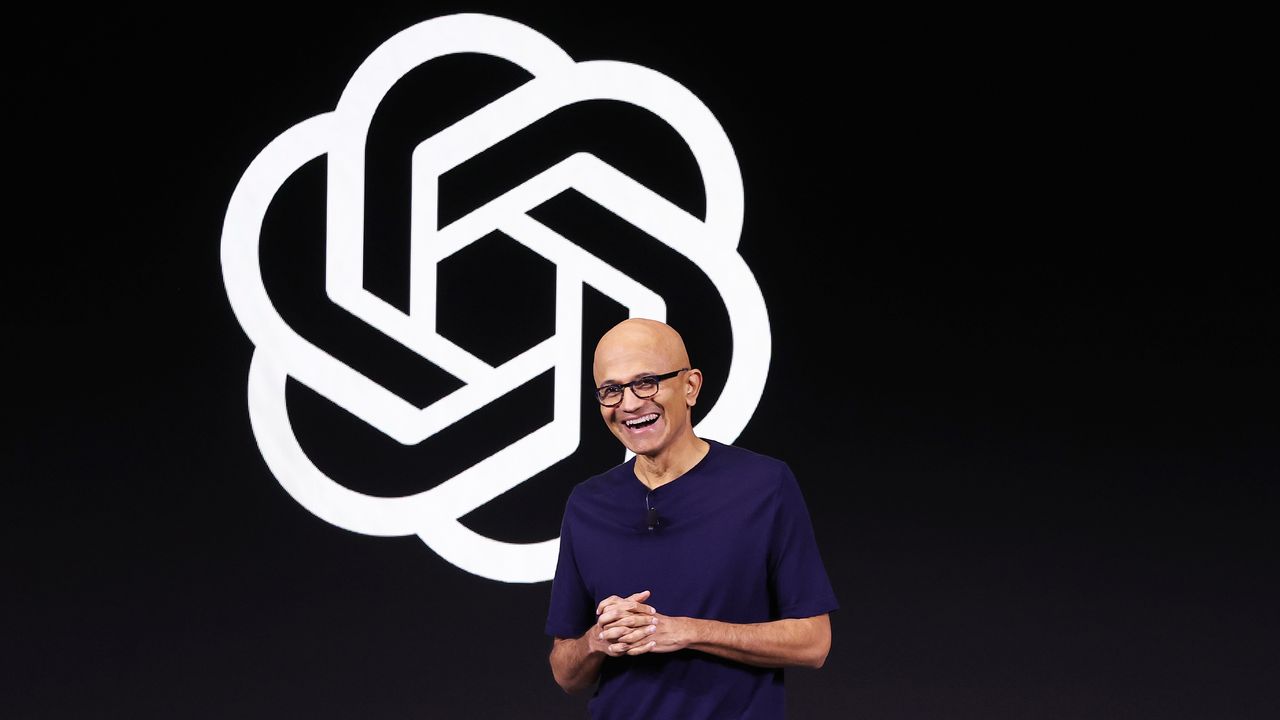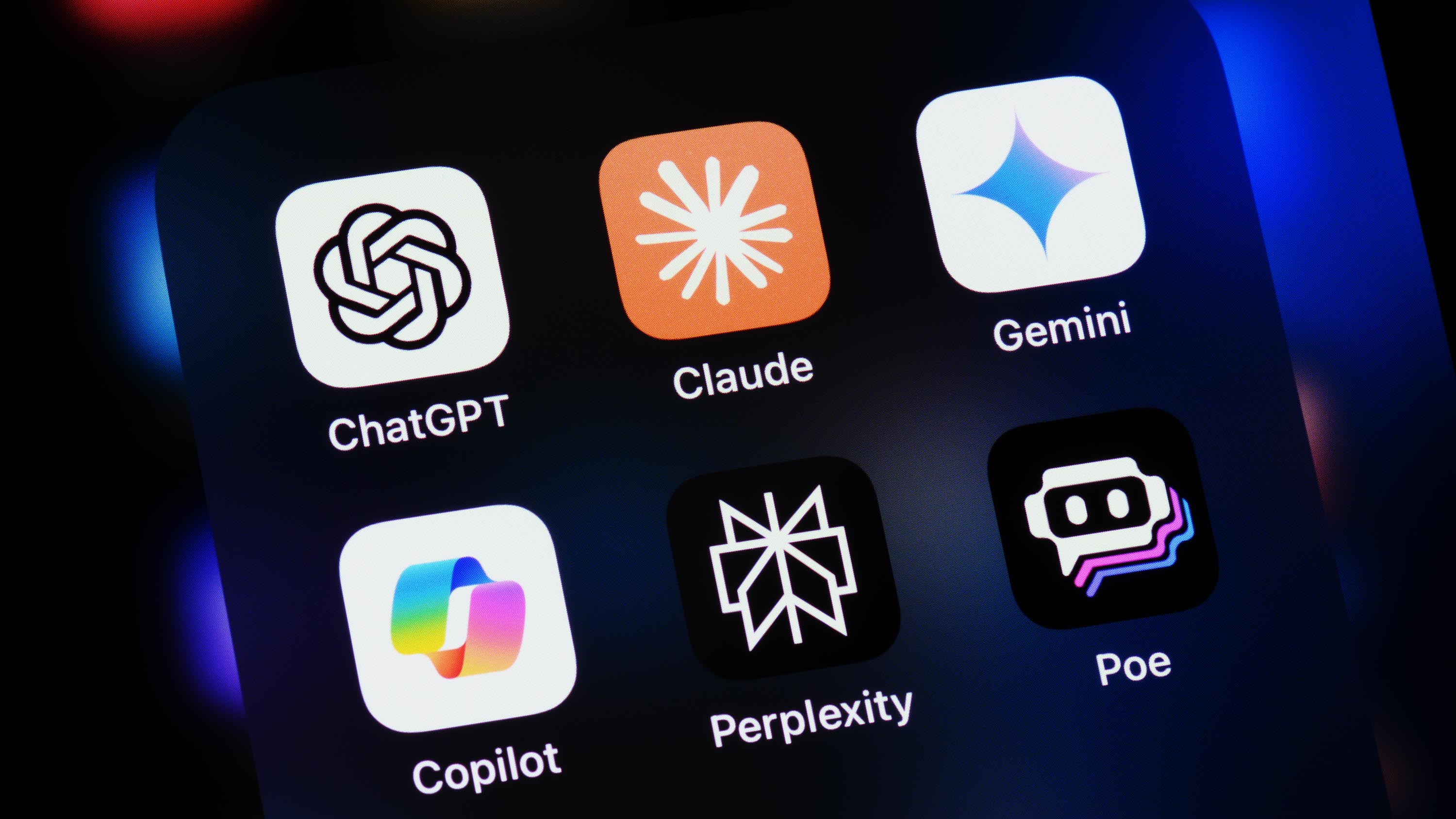
in a surprising turn of events, Microsoft's Chief Commercial Officer (CCO) Judson Althoff recently announced that the company saved approximately $500 million by using AI across its call centers (via Bloomberg).
While this boasts AI's capabilities as a productivity across key areas, including sales, customer service, and software engineering, the announcement has received backlash, especially following its recent layoffs that impacted 9,000 people, which translates to 4% of the company's entire workforce. This brings the total number of layoffs across Microsoft since the year began to approximately 15,300.
Perhaps more interestingly, Microsoft saved $500 million in its call centers alone last year by using AI while maintaining employee and customer satisfaction.
The tech giant has already started using AI to handle interactions with smaller customers, which could be an indication that it is fine-tuning the process before potentially rolling it out broadly across its client base. But in the interim, the efforts are already yielding tens of millions of dollars.
Microsoft's CEO Satya Nadella revealed that the company is already using AI to write 30% of its code. He further indicated that this percentage is likely to increase as AI scales greater heights and becomes more advanced to handle complex tasks.
This news comes as Microsoft is on the verge of hitting the $4 trillion market capitalization mark. Just last week, NVIDIA unlocked the impressive feat, predominantly due to the alarming demand for GPUs by AI firms to power their sophisiticated advances in the ever-evolving landscape.
AI is causing a paradigm shift in the job market

Microsoft's co-founder Bill Gates predicted that AI will replace humans for most things, save for biology, energy, and coding because the fields are too complex to augment using AI. However, he indicated that humans will have the power to preserve some tasks for themselves, jokingly indicating that no one would like to watch computers playing baseball.
NVIDIA CEO Jensen Huang predicted that coding might be dead in the water with the broad adoption and prevalence of AI. He argued the next generation to explore alternative career paths in other fields, including farming, manufacturing and biology, which are seemingly future-proof and difficult to augment using AI.
But more recently, the executive has seemingly had a change of heart, and now things AI will affect everybody's job. However, he is still hopeful that society will devise an ingenious way to prevent the technology from potentially rendering millions of people jobless.
Microsoft isn't the only company that's integrating AI into its workflow. Salesforce CEO Marc Benioff recently revealed that AI is doing up to 50% of the company's work. This revelation comes after the executive indicated that Salesforce is "seriously debating" hiring software engineers in 2025. He attributed this to the "incredible productivity gains" from agentic AIs.
Elsewhere, Anthropic CEO Dario Amodei claimed that AI has a high propensity to slash entry-level white-collar jobs by 50%, leaving Gen Z out of work. The statement has garnered a lot of attention, with executives like Huang dismissing the claim as fearmongering.
While Microsoft hasn't categorically indicated that the integration of AI across its operations is directly linked to the recent company-wide job losses, it's hard to overlook the impact AI is playing in the job market and its potential contribution to unemployment.







